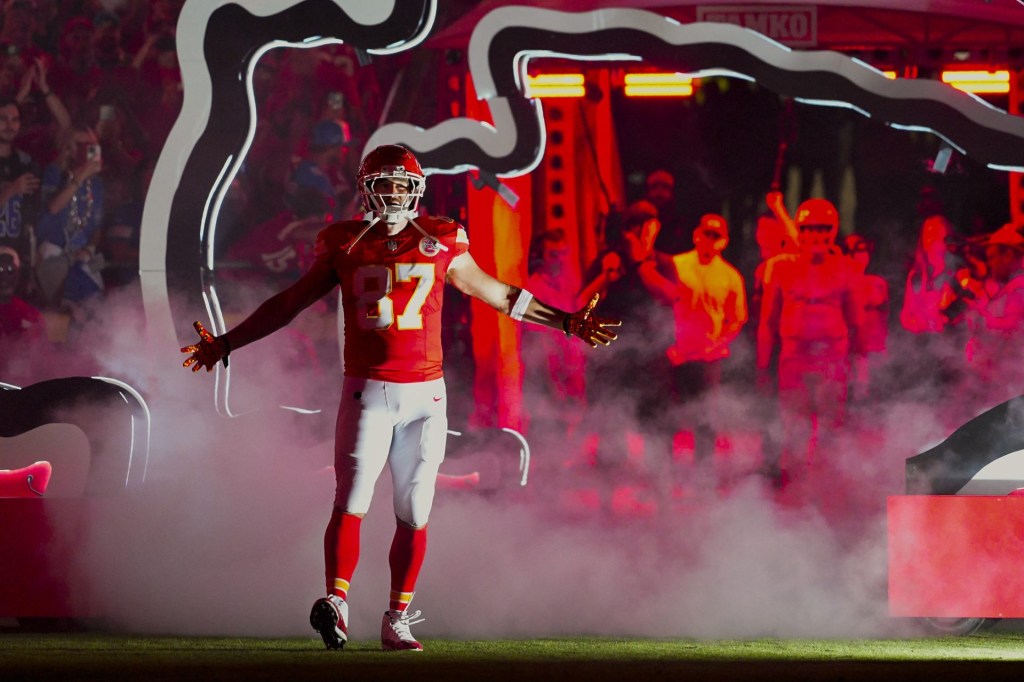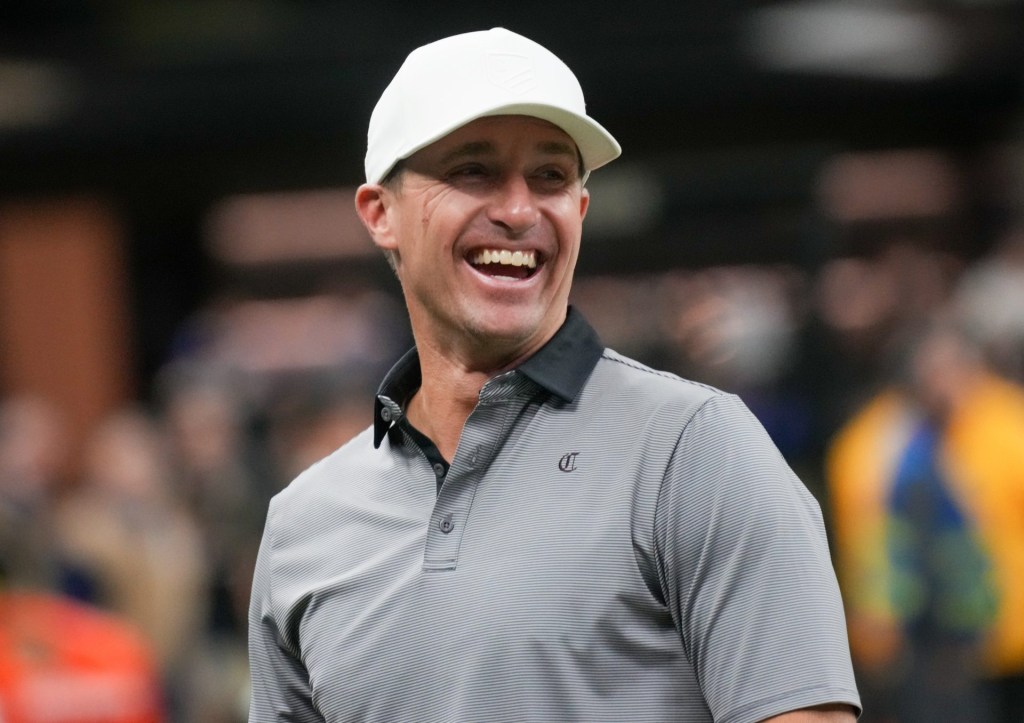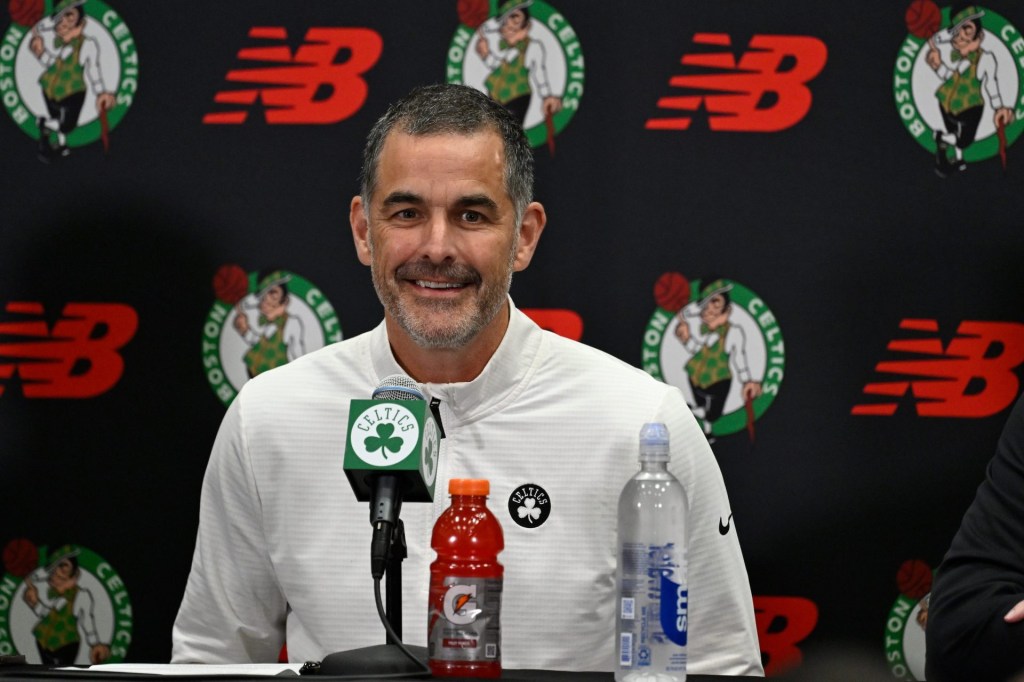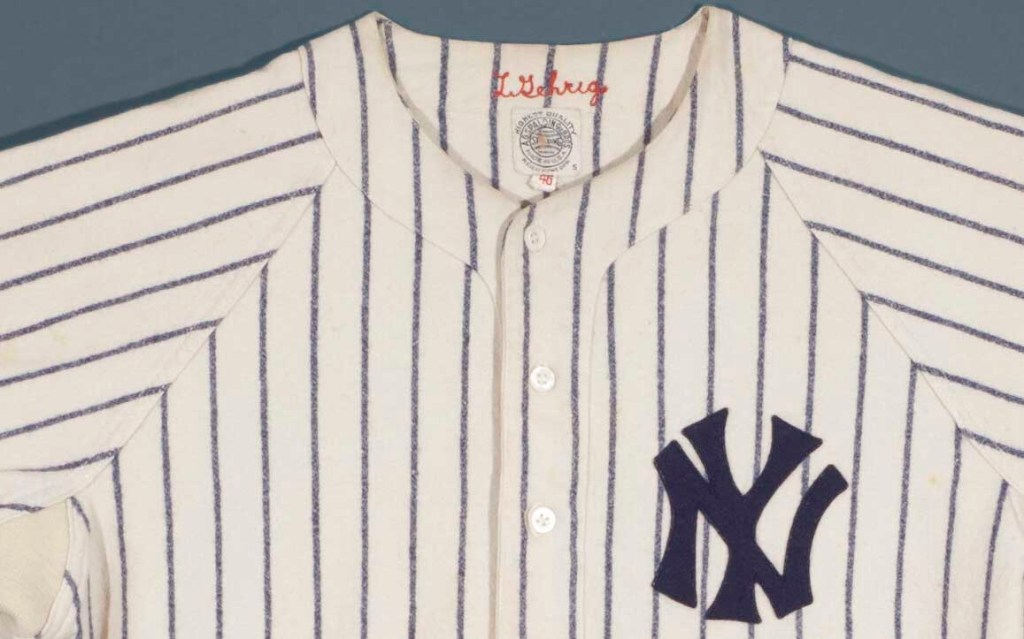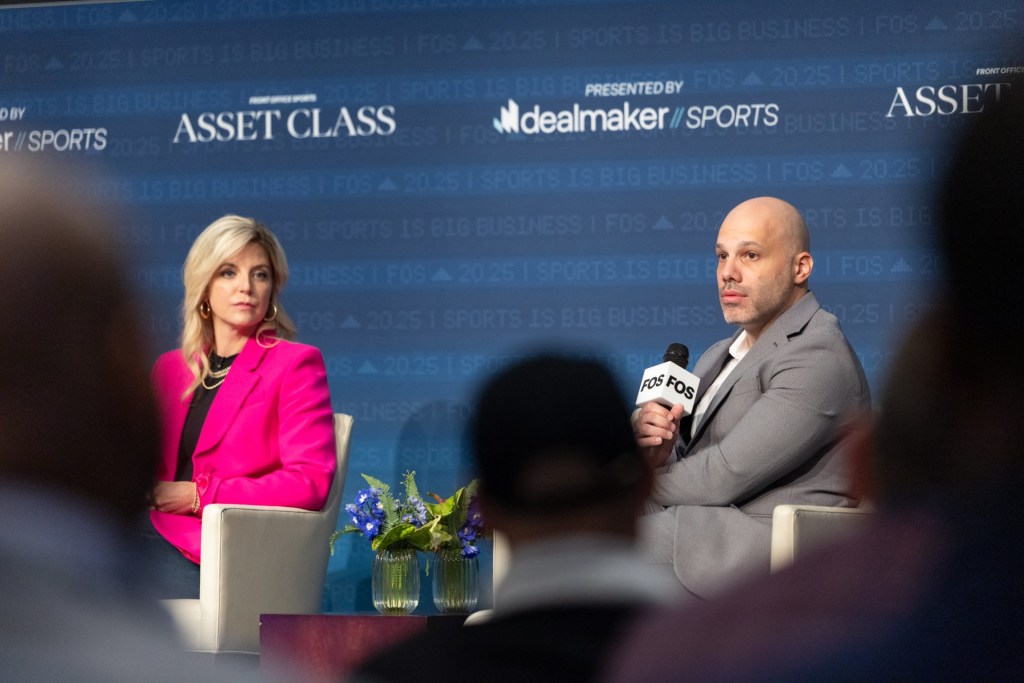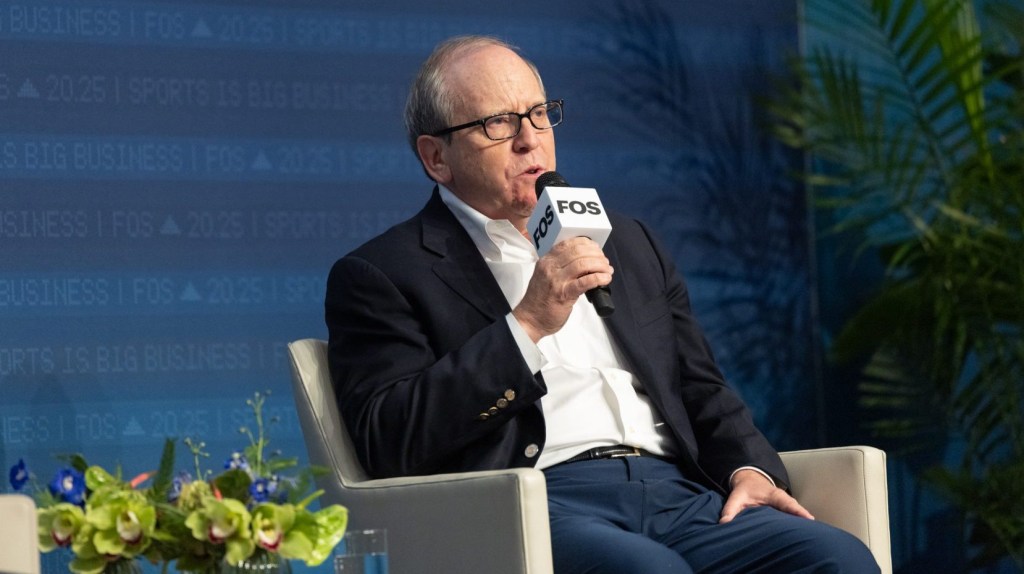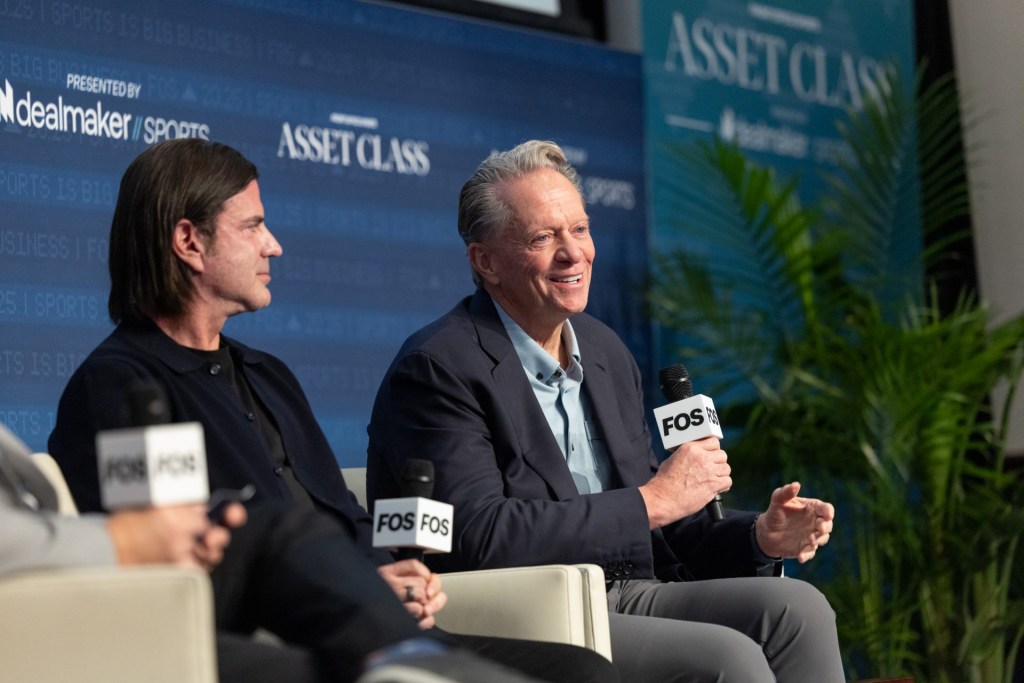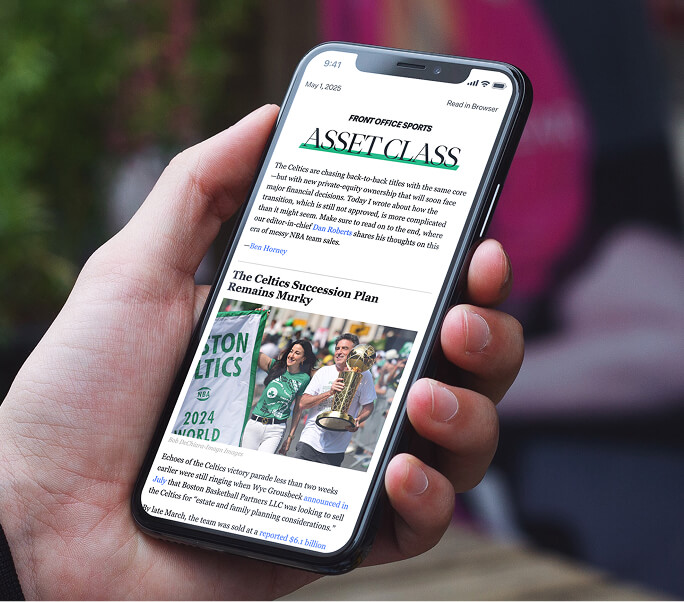When former MLB All-Star and World Series champion Dexter Fowler joined the ownership group of the Premier League’s AFC Bournemouth last year, something he once thought out of reach had become reality.
Fowler, who played 14 MLB seasons and won a World Series in 2016 with the Cubs, is well aware of “the bad stigma” that “athletes always lose their money” after retiring, he told Front Office Sports on a recent episode of Portfolio Players.
He wasn’t content to simply not go broke; after retiring from baseball in 2023, he eyed sports ownership opportunities. “As athletes, we didn’t know [ownership] was obtainable,” Fowler said.
His path to ownership started with an unlikely connection. When Fowler moved to Las Vegas, he quickly learned his neighbor was Bill Foley, who founded title insurance company Fidelity National Financial and owns the NHL’s Golden Knights as well as a number of soccer teams (including Bournemouth) through Black Knight Football Club. Fowler introduced himself to Foley on a golf course, they became friends, and eventually Foley said, “I have something for you when you’re ready to retire.” That was Bournemouth.
“It’s relationships like that that have helped me transition from being an athlete to a business owner,” Fowler said. “Everything Bill touches is usually gold.”
The reality of ownership isn’t just about cashing dividend checks, Fowler quickly learned. Especially in the Premier League, in which there’s no salary cap, so owners must continuously pour money into everything from players to facilities, and more.
“That aspect of it gets tough,” he said. But when your team wins, he added, it’s worth every penny.
The exposure has opened new doors for Fowler as well. Ownership puts him in rooms with executives, investors, and celebrities in a way that’s different from being an athlete.
“The higher you get, the smaller the world gets,” he said. “You realize everybody knows everybody.”
Fowler, who also runs a talent management company called 400 Ventures, is interested in opportunities in tech as well: He’s built friendships with Silicon Valley leaders like Ben Horowitz of Andreessen Horowitz, and is eager to go deeper in areas like artificial intelligence.
More than anything, he says he wants to continue changing the perception of what athletes can do once they are done playing.
“[People] don’t really know how invested and how smart we are,” he said. “And the connections we have. That we’re able to get in deals, the right deals. I mean, before … you only heard the bad things. It’s like everybody has PTSD, and we get a bad stigma.”
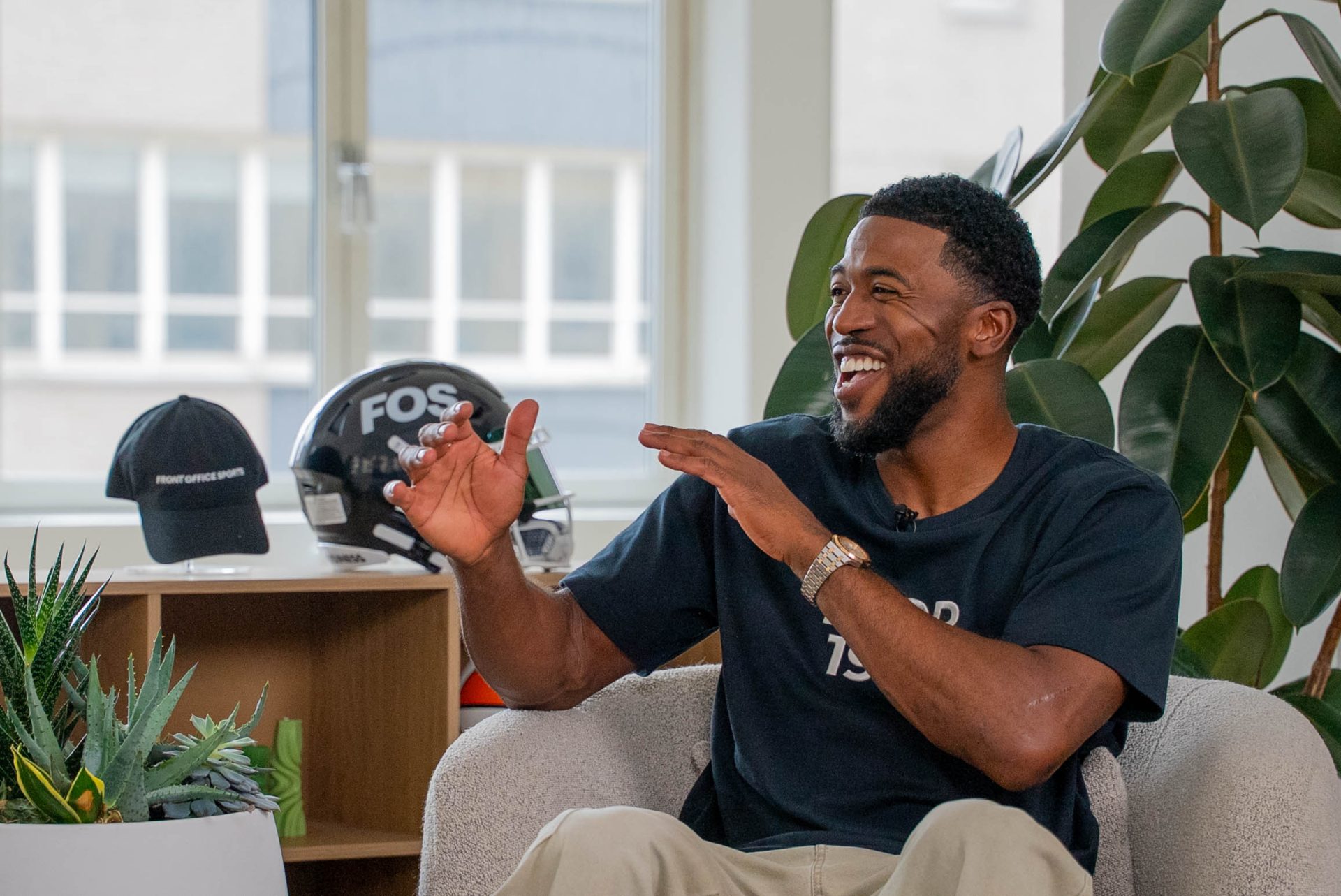
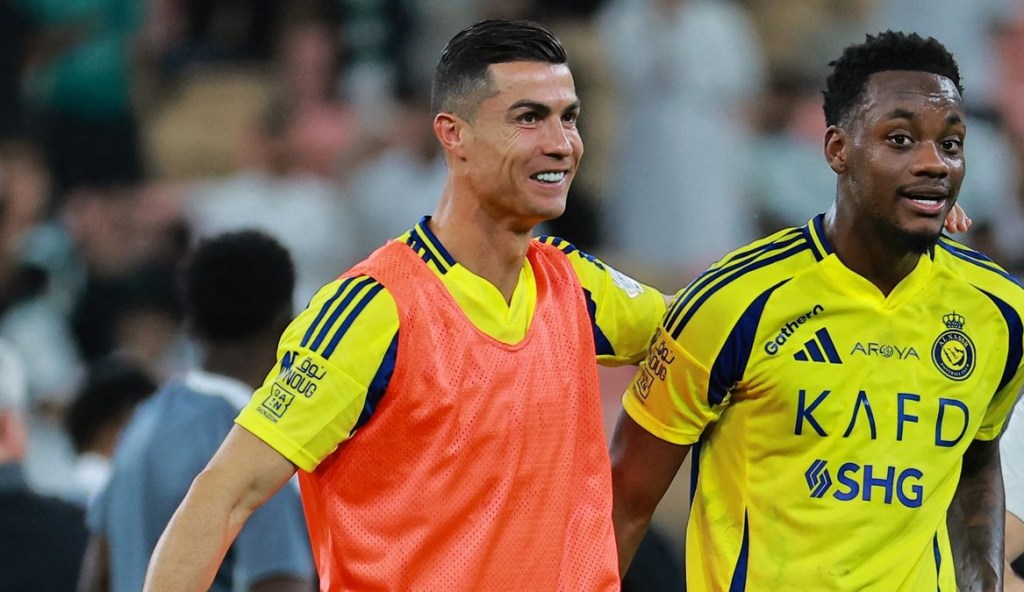
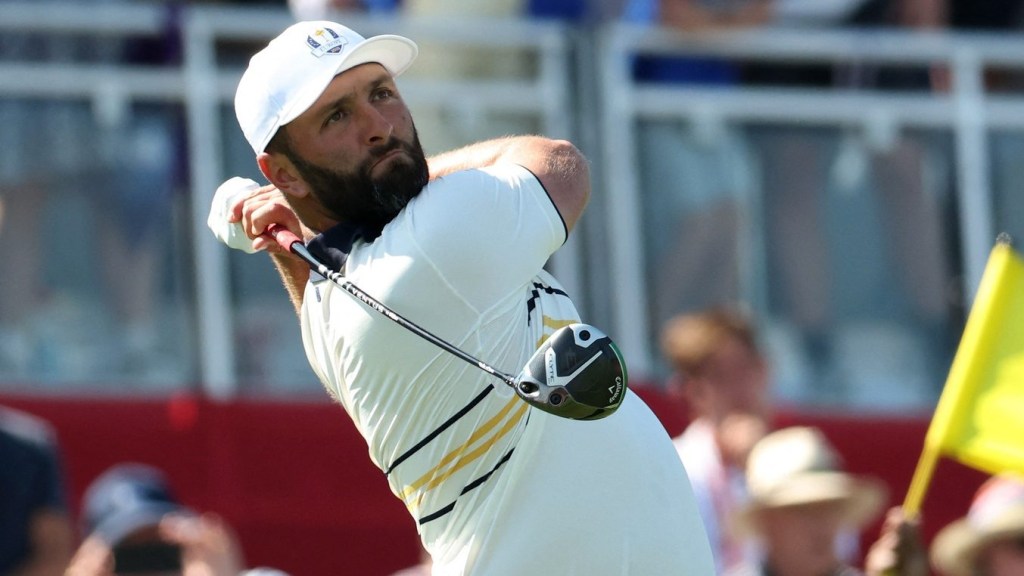
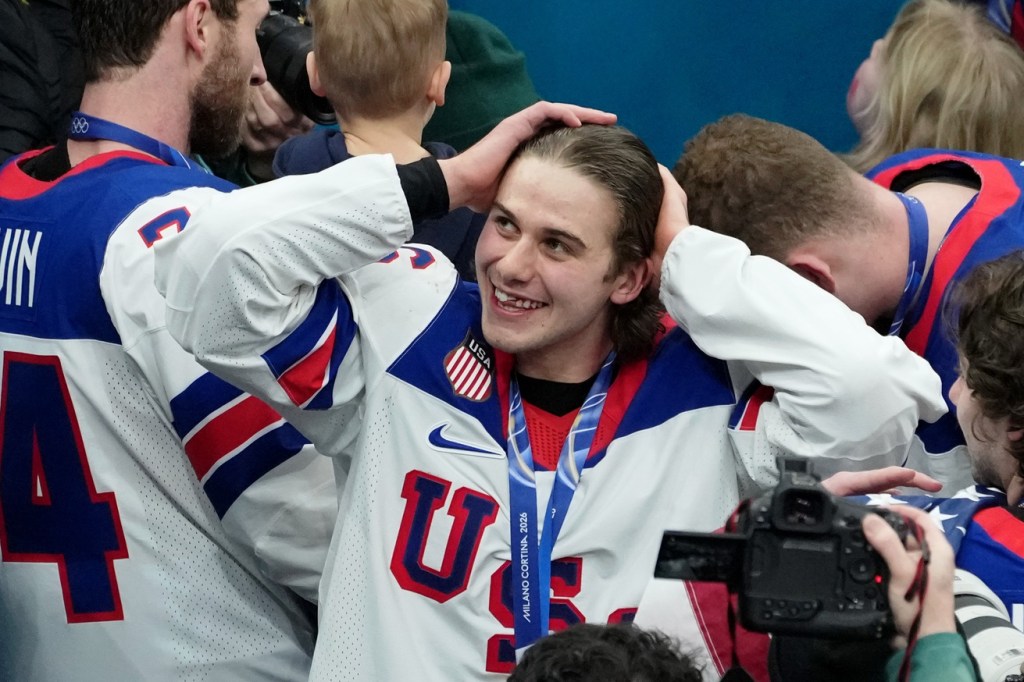
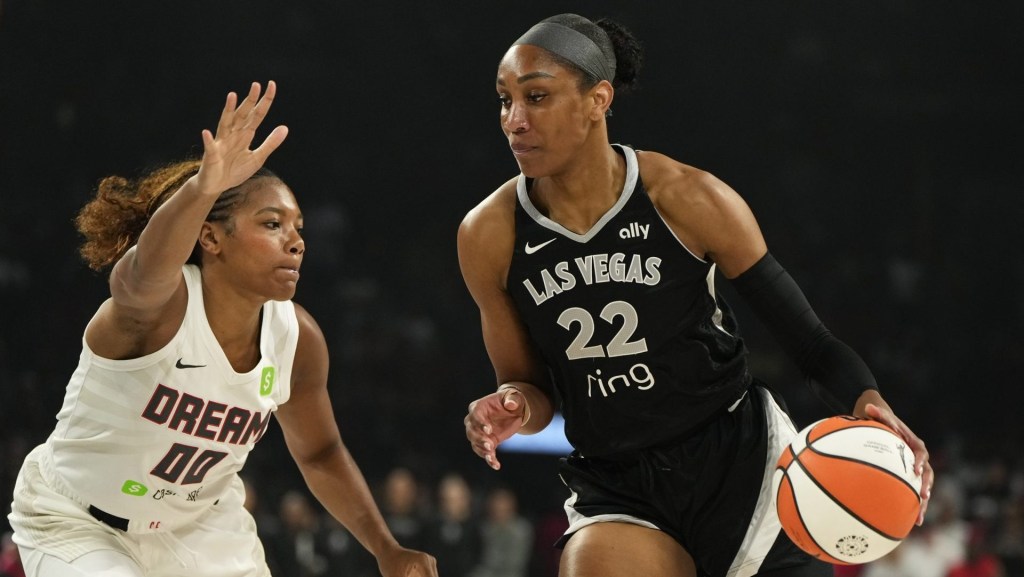
![[Subscription Customers Only] Jul 13, 2025; East Rutherford, New Jersey, USA; Chelsea FC midfielder Cole Palmer (10) celebrates winning the final of the 2025 FIFA Club World Cup at MetLife Stadium](https://frontofficesports.com/wp-content/uploads/2026/02/USATSI_26636703-scaled-e1770932227605.jpg?quality=100&w=1024)



